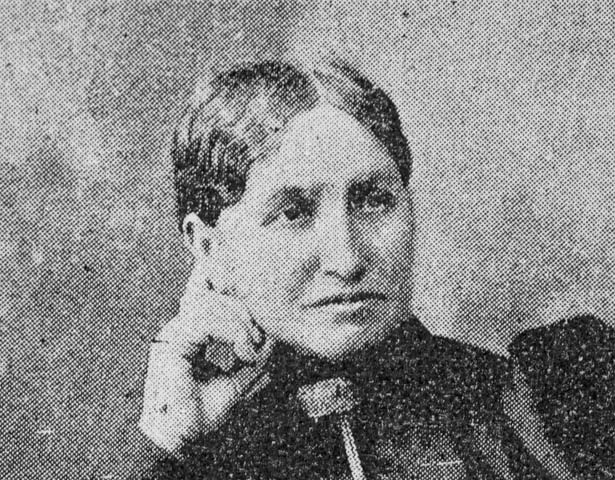
Elizabeth Yates' election as mayor of Onehunga on 29 November 1893 – the day after New Zealand women had led the world by voting in a general election for the first time – cemented her place as a pioneer of women's political rights. She was the first woman in the British Empire to hold the office of mayor.
Little is known of her early life. She was born Elizabeth Oman in Caithness, Scotland, probably between 1840 and 1848, and arrived in Auckland around 1853 with her parents and sister. Her father worked as a labourer and the family lived in Onehunga from the mid-1850s. On 15 December 1875 Elizabeth married Captain Michael Yates, a master mariner well known in the coastal trade; there were no children of the marriage.
Michael Yates was a member of the Onehunga Borough Council from 1885 and mayor from 1888 to 1892, when ill health forced his retirement. Elizabeth, meanwhile, belonged to the Auckland Union Parliament and was a keen debater at its meetings. She was a strong supporter of the women's suffrage movement, and was the first woman to record her vote in the Onehunga electorate in the general election held on 28 November 1893.
Earlier that year she had also accepted nomination for the Onehunga mayoralty, which, like other local-body polls, was to be decided the day after the general election. In a 'spirited contest', Yates defeated her only opponent, local draper Frederick Court, by 13 votes to become the first 'lady mayor' in the British Empire. The office also brought her an appointment as a justice of the peace. After being sworn in before Supreme Court Judge Edward Conolly on 16 January 1894, she officiated occasionally as magistrate in cases involving women.
Yates' victory attracted widespread attention in New Zealand and the empire; she received congratulations from Premier Richard Seddon and Queen Victoria. But not everyone was happy: four councillors and the town clerk resigned immediately in protest. Council meetings were often disruptive, and three councillors opposed every proposal she submitted. Elizabeth's somewhat tactless, dictatorial manner and lack of regard for established rules of procedure didn't help the situation. Curious spectators often crammed the small council chamber, while unruly elements hooted and jeered outside. Newspapers published verbatim accounts of these 'disgraceful' scenes.
After a difficult year in office, Yates was soundly defeated at the polls on 28 November 1894. Despite her brief tenure, she left a valuable legacy: she had liquidated the borough debt, established a sinking fund, upgraded roads, footpaths and sanitation, and reorganised the fire brigade. Even her opponents agreed she had been an able administrator.
Elizabeth returned to the Onehunga Borough Council in September 1899, serving until April 1901. She died in Auckland on 6 September 1918 and was buried in St Peter's churchyard, Onehunga, beside her husband, who had died in 1902.
Adapted by Neill Atkinson from the DNZB biography by Janice C. Mogford
How to cite this page
'Elizabeth Yates', URL: https://nzhistory.govt.nz/people/elizabeth-yates, (Ministry for Culture and Heritage), updated 21-Mar-2023


Community contributions